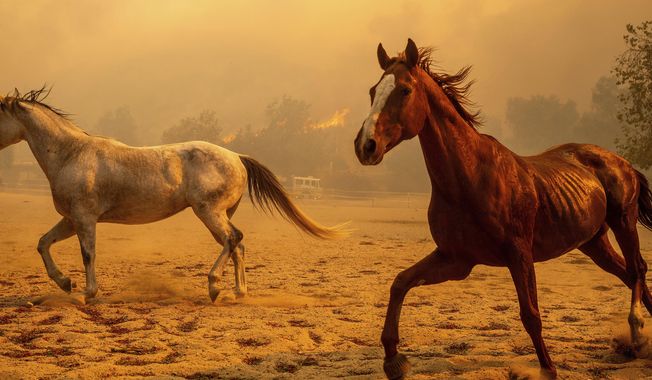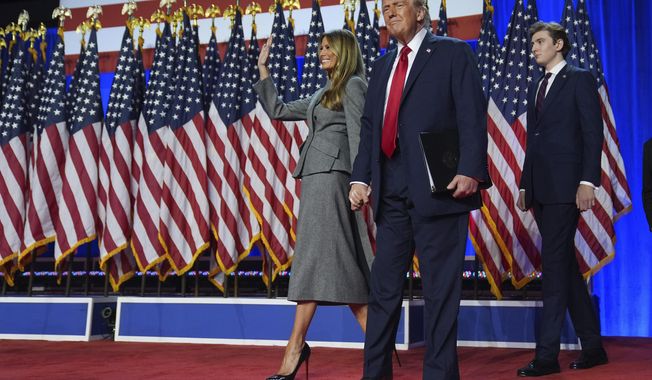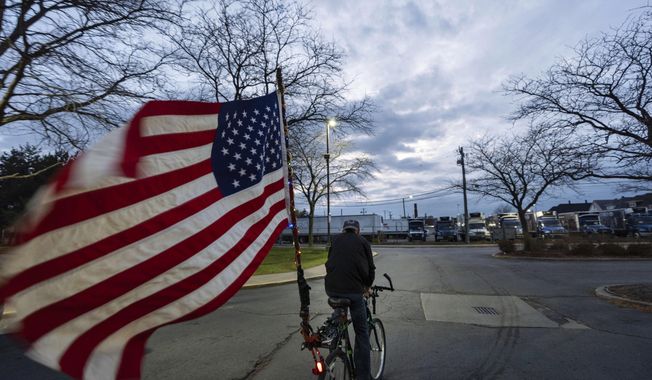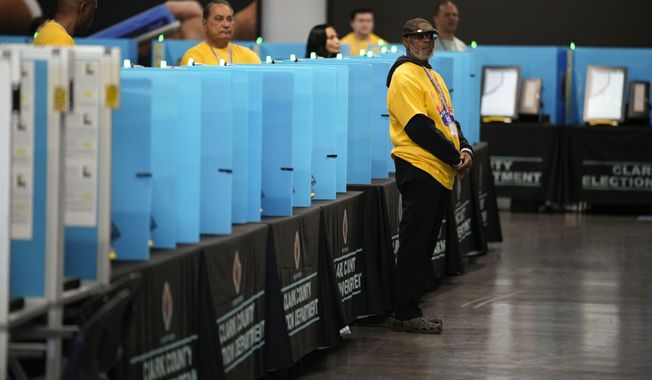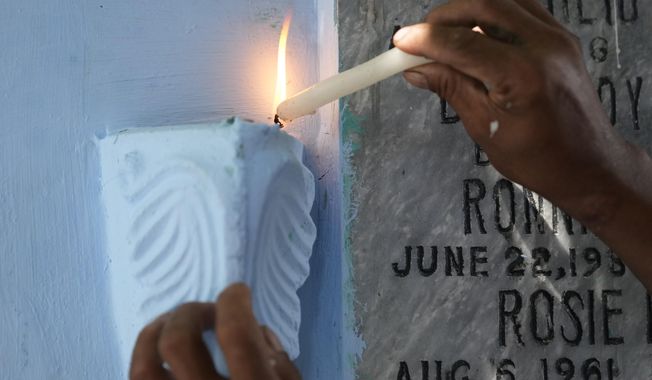
In this Tuesday, Nov. 22, 2011 photo, dalit Hari Kishan Pippal, 60, a member of India's outcast community once known as untouchables, poses for a photograph inside his Heritage Hospital, one of the largest private medical facilities in the north Indian city of Agra. Raised in poverty, he only made it through high school before his father became ill, and he had to go to work pulling a rickshaw to support the family. The vast majority of India's 170 million dalits live amid a thicket of grim statistics: less than a third are literate, well over 40 percent survive on less than $2 a day, infant mortality rates are dramatically higher than among higher castes. Pippal now owns a hospital, a shoe factory, a car dealership and a publishing company. (AP Photo/Saurabh Das)
Featured Photo Galleries
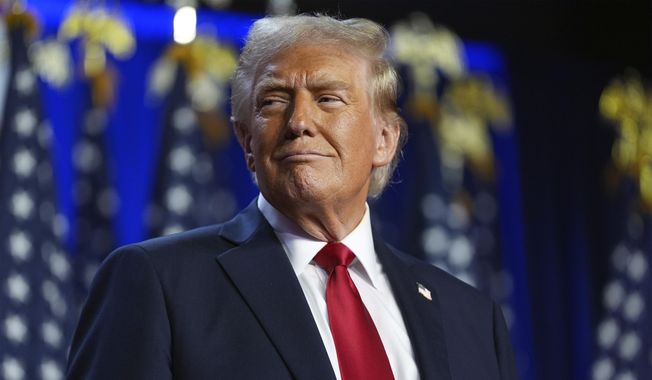
Trump Transition: Here are the people Trump has picked for key positions so far
President-elect Donald Trump has announced a flurry of picks for his incoming administration. Get full coverage of the Trump transition from The Washingon Times.
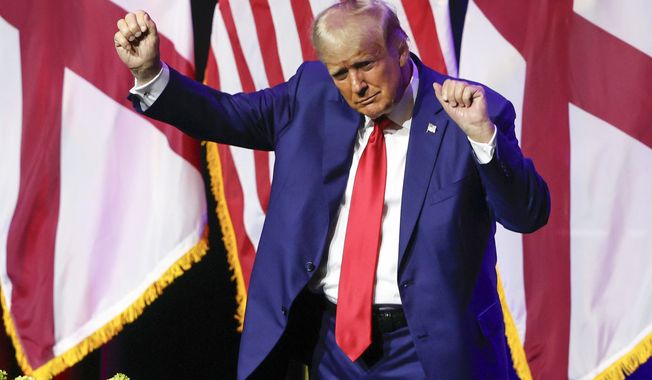
Trump dances onstage, takes post-election nation by storm
President-elect Trump dances onstage


